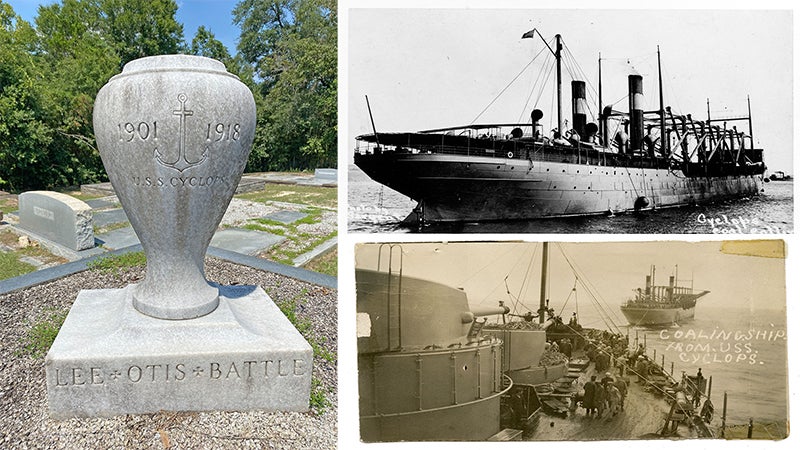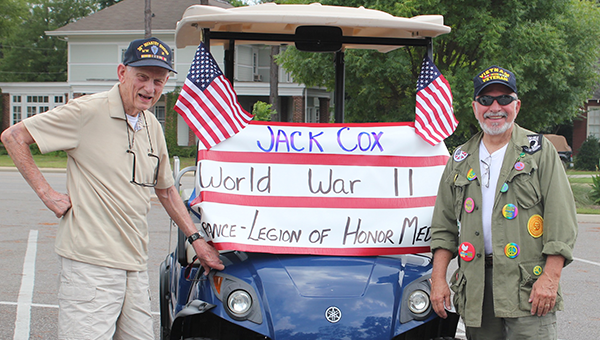There’s a nurse in charge
Published 12:00 am Saturday, January 12, 2013
I once took a career detour into the college system, and spent six years on the same hall as the nursing department. I learned a lot.
The nursing instructors with whom I worked were no-nonsense women who demanded excellence of their students and co-workers. Think the commanding presence of Margaret “Hot Lips” Houlahan. Stand up straight, do as they said do, get it right or get out of the way. I am forever in awe.
The relatively-new CEO of Andalusia Regional Hospital, Rebecca Brewer, a nurse by training, would have fit in with them just fine. In a few months on the job, she is seriously about the work of making ARH stronger.
Tuesday, she spoke candidly with fellow Rotarians about the challenges before her and ARH.
From 2011 to 2012, overall admissions dropped about 10 percent, a number driven to a certain extent by regulations. When one looked at adjusted admissions – to include outpatient care – admissions were up 1 percent. And ER visits were up 6 percent in the same time period.
In 2011, ARH employed the equivalent of 246 full time employees and had a payroll of $13.57 million. Take the jobs out of the community and think of the huge, gaping wound left.
That same year, approximately 6.4 percent of the total care it provided – or $1.9 million – was uncompensated. Of the total care, 42.4 percent was or Medicare patients; 30.7 percent for private insurance, and 16.9 percent for Medicaid patients.
Reimbursements to hospitals will, without a doubt, continue to be cut, she said. Her job is to find cost-effective ways to manage the hospital. And Job No. 1 is to convince more people in the county to consume their health care at home.
But what of the people who left town? Rebecca is working hard to figure out why they left, and to provide the services people need so they will stay here when possible. At present, she is working to recruit an ENT, a pediatrician, an urologist and two internal medicine physicians to the Andalusia. She also is in discussions to have a cardiology practice in a neighboring community locate a cardiologist here full time.
While that sounds good to you and me, it doesn’t make her the most popular girl on the hospital campus. Some doctors would prefer not to have competition, she said. But the bottom line is that a number of local practices are so busy, they don’t take new patients. That often drives people to a different market, and that’s some of the bleeding this nurse needs to stop.
I have been generally blessed with good health, and am not a big consumer of health care services. But I’m pleased to know that if or when we need the local hospital, there’s a no-nonsense nurse in charge.



